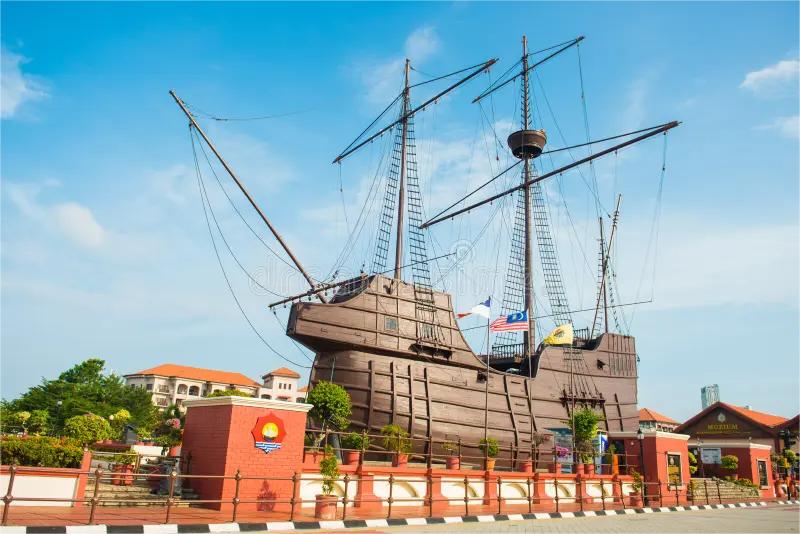A father is neither an anchor to hold us back, nor a sail to take us there, but a guiding light whose love shows us the way.”
Father’s Day, observed on the third Sunday of June in many countries, is a day dedicated to honoring and celebrating the fathers and father figures in our lives. It is a day to recognize their contributions, sacrifices, and the pivotal role they play in shaping their children’s lives and communities.
Origins of Father’s Day
The idea of Father’s Day was first proposed in the early 20th century. While Mother’s Day was already an established tradition, there was a growing sentiment that fathers too deserved a day of recognition. The first known Father’s Day service was held on July 5, 1908, in Fairmont, West Virginia, at the Williams Memorial Methodist Episcopal Church South. However, it was Sonora Smart Dodd of Spokane, Washington, who is often credited with founding Father’s Day as we know it. Inspired by her father, a Civil War veteran who raised six children as a single parent, Dodd worked tirelessly to establish a day that would honor fathers.
The first official Father’s Day was celebrated on June 19, 1910, in Spokane. Over time, the idea gained popularity, and in 1972, President Richard Nixon signed a proclamation making Father’s Day a permanent national holiday in the United States.
The Role of Fathers
Fathers play a unique and indispensable role in the development of their children. They are often seen as protectors and providers, but their impact goes far beyond these traditional roles. Fathers influence their children’s social development, self-esteem, academic success, and emotional health. Studies have shown that children with actively involved fathers tend to perform better in school, have higher self-confidence, and are less likely to engage in risky behaviors.
Fatherhood itself has evolved significantly over the years. Today, many fathers are actively involved in all aspects of parenting, from changing diapers and attending school events to offering emotional support and guidance. The modern father is more likely to be seen as a partner in parenting, sharing responsibilities equally with mothers.
Celebrating Father’s Day
In other parts of the world, the celebrations can vary. For example, in Germany, Father’s Day, known as Vatertag, often involves men participating in hiking tours and enjoying local beer and food. In Thailand, Father’s Day is celebrated on the birthday of King Bhumibol Adulyadej, December 5, and it involves paying respect to fathers and grandfathers, often with the gift of a Canna flower, a traditional symbol of Father’s Day in Thailand.
The Future of Father’s Day
As societal norms continue to evolve, so too does the concept of fatherhood. With the increasing recognition of diverse family structures, Father’s Day is also becoming a day to honor stepfathers, grandfathers, uncles, and other male figures who have played significant roles in the lives of children. The essence of the day remains the same: to appreciate and celebrate the love, support, and guidance of fathers and father figures.
In essence, Father’s Day is more than just a day for gifting ties or gadgets; it is a heartfelt acknowledgment of the unique and irreplaceable role that fathers play. It is a day to celebrate their unwavering dedication and the profound impact they have on their families, reinforcing the bonds of love and respect that sustain us through life.
Father’s Day serves as a reminder of the profound impact that fathers have on their children’s lives and society at large. It is a day to express gratitude, share love, and create lasting memories with the men who have shaped our lives. Whether through small gestures or grand celebrations, Father’s Day is a special opportunity to acknowledge and honor the unsung heroes in our lives.
—-
Sanyukta Saurabh
Designation: TGT English
Age: 44 years
School: Dayanand Vidya Mandir
School address: Madhuban vihar, Kulesra, Greater Noida, India


